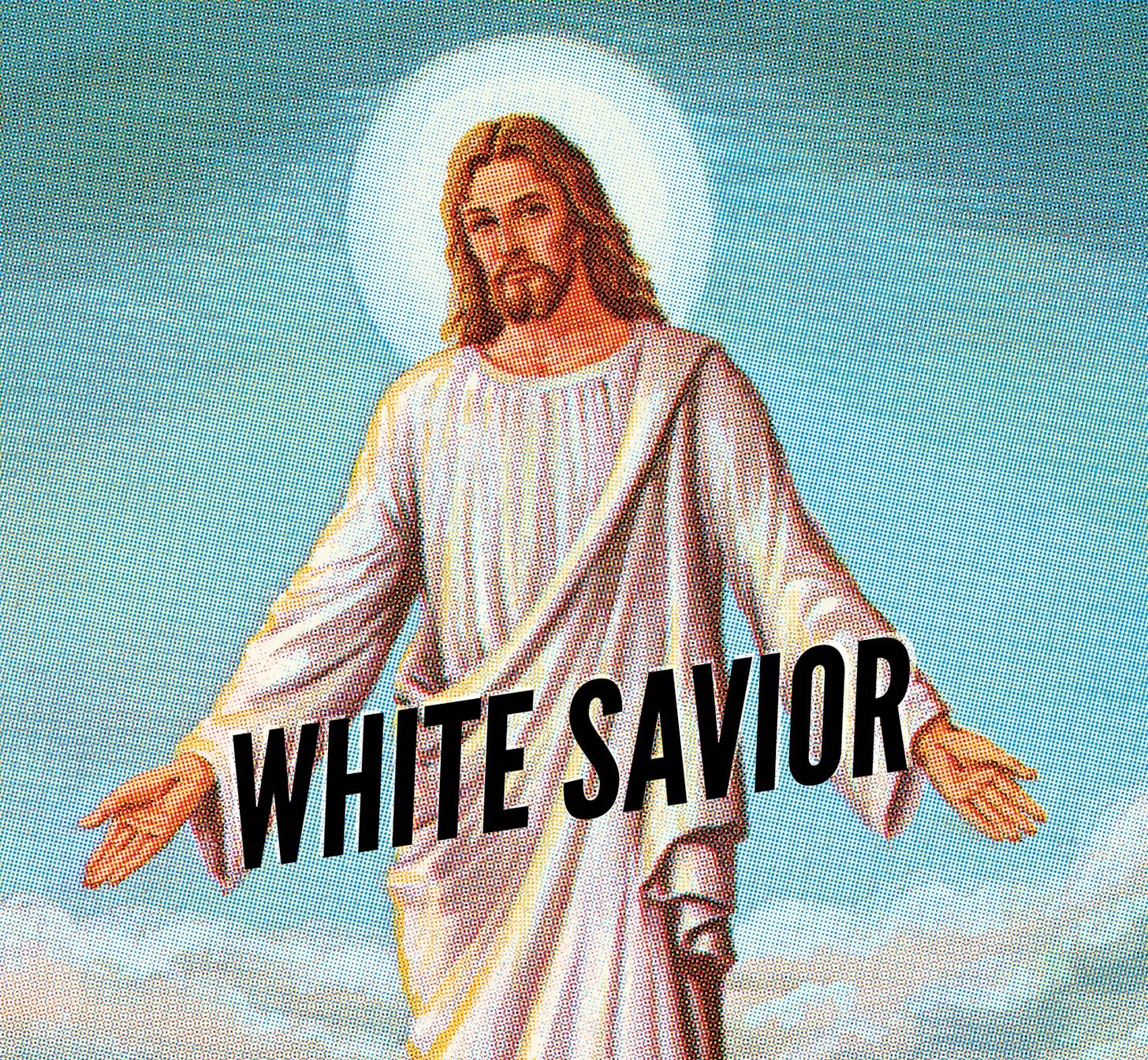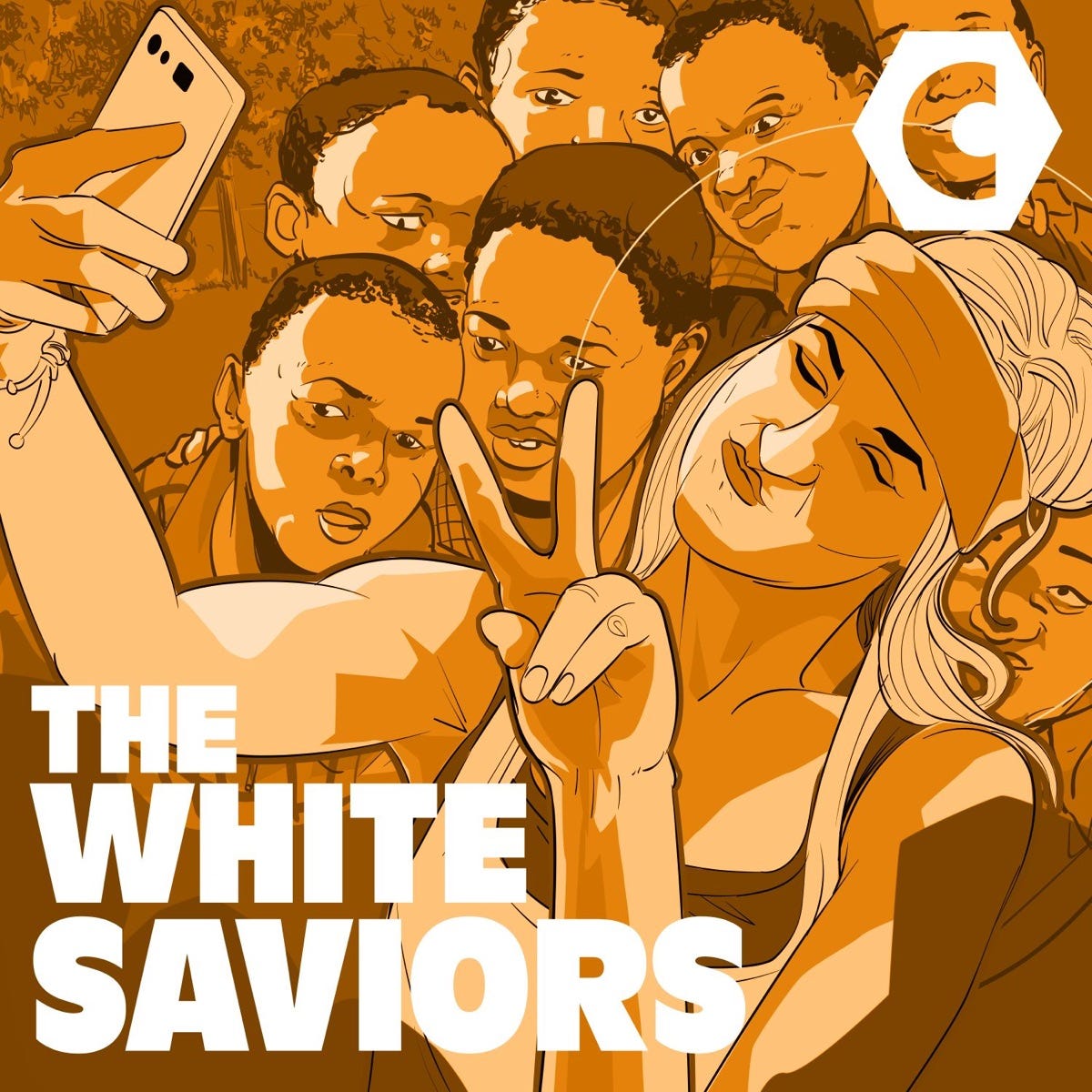What is Critical Race Theory?
'A Very Brief Introduction for people who (rightly) suspect terms like white supremacy, diversity, equity and white fragility may not be genuine efforts to address racial injustice'
We need to be absolutely clear that Critical Race Theory is a Marxist theory for political leverage and is not a genuine effort to address racial injustice. Rarely if ever do things like DEI training mention that this is Critical Race Theory (CRT) which is part of the Critical Theory framework.
Critical Theory is a Marxist doctrine established by Frankfurt School in the early 20th century. This group of Marxist intellectuals, including Max Horkheimer, Theodor Adorno, and Herbert Marcuse aimed to blend Marxist analysis with other social theories to understand and critique the mechanisms of capitalist societies and why a Marxist revolution has not happened in developed Western nations. The theory has always been politically motivated, designed to advance a particular worldview - Marxism, under the guise of scholarly inquiry.
As J.J. Ryoo and P. McLaren explain "Karl Marx's (1818–83) work with Friedrich Engels regarding the historical and material conditions of capitalism is the most influential in shaping critical theory. Marx explained how the bourgeoisie (ruling class) accumulate wealth through the alienation and exploitation of the proletariat (working class). Capitalist ideologies reinforce false consciousness and maintain power in the hands of the ruling class. Thus, Marx provided the basic idea on which critical theory is constructed: those who have economic power in society also control the cultural superstructure of that society." (J. Ryoo, P. McLaren, in International Encyclopedia of Education (Third Edition, 2010).
They also explain the Frankfurt School In 1930 "came under the directorship of Max Horkheimer and grew to include critical theorists such as Erich Fromm, Herbert Marcuse, Theodor Adorno, and Walter Benjamin who shifted its theoretical focus from an analysis of bourgeois society's socioeconomic substructures to bourgeois cultural superstructures. Although primarily influenced by Marxism, the Frankfurt School rejected an orthodox reading of Marx and represented a different form of Marxism than their Bolshevik contemporaries, as they did not envision an inevitable proletariat revolution nor focus solely on economic production. Instead, the Frankfurt School sought to understand the relationship between theory and society through a dialectical framework that also examined the realm of culture." (J. Ryoo, P. McLaren, in International Encyclopaedia of Education (Third Edition, 2010).
Critical Theory is authoritarian, its Marxist position, like traditional Marxism has always contained an activist element of 'Praxis' or doing. As Marx wrote in The German Ideology in 1845 'Philosophers have hitherto only interpreted the world in various ways; the point is to change it.' Critical Theory maintains this position indeed Bradley J. Macdonald & Katherine E. Young write "When Marx proclaimed the importance of not just interpreting the world but actually changing it, he initiated an important imperative that has existed within all forms of critical theory up to today. Drawing upon the work of Theodor Adorno and Herbert Marcuse, we use their unique way of looking at the theory/praxis couplet as an avenue to rethink the role of critical theory as a form of “scholar-activism.” Theory, to paraphrase Adorno, lives on because the moment to realize it was missed; and it is because of this lack of immediate utility that theory occupies a space of resistance. Nonetheless, as Marcuse avered, theory itself may retreat into the privileged space of scholastic philosophy if it does not constantly engage activist movements that challenge the historical and social conditions of human oppression." (Adorno and Marcuse at the Barricades?: Critical Theory, Scholar-Activism, and the Neoliberal University. Bradley J. Macdonald & Katherine E. Young Pages 528-541 | Published online: 03 Aug 2018. Symposium: Transformative Practices of Teacher-Scholar-Activists in the Era of Trump).
Critical Theory seeks to undermine traditional values and institutions, such as the family, religion, and the nation-state. These institutions are depicted as capitalist tools of oppression that maintain social hierarchies and inhibit true equality. This undermining destabilizes and threatens the cohesion and stability of society in favour of radical Marxist agenda and the goal of forcing authoritarian state socialism that restricts universal freedoms outside of any popular or democratic mandate.
Critical Race Theory takes Critical Theory and applies this Marxist analysis to race and racism with an extreme American bias. Marxist scholars in the USA simply adapted their revolutionary theory to the social and racial unrest of the 1960s. Abandoning Marx’s economic dialectic of capitalists and workers, they substituted race for class and sought to create a revolutionary coalition of the dispossessed based on racial and ethnic categories. Fortunately, the early proponents of this revolutionary coalition in the US lost out in the 1960s to the civil rights movement, which sought instead the fulfillment of the American promise of freedom and equality under the law. Americans preferred the idea of improving their country to that of overthrowing it. This is exemplified by Martin Luther King Jr.’s vision, and President Lyndon Johnson’s pursuit of the Great Society.
Critical race theory is an academic discipline, formulated in the 1990s and built on the intellectual framework of identity-based Marxism. Relegated for many years to universities and obscure academic journals, it has increasingly become a popular default ideology in our public institutions over the past decade. It has been injected into government departments, state school systems, teacher training programs and corporate human resources departments in the form of diversity training programs, human resources modules, public policy frameworks.
If we read the the multitudes of CRT texts academic and popular we always end up at the final objective which is the overthrow of capitalism, since, according to leading CRT scholar Ibrahm X Kendi, “in order to truly be antiracist, you also have to truly be anticapitalist.”In other words, identity is the means; Marxism is the end. In reading CRT literature one almost wishes they would all start their books with this in the first paragraph and save the tedious reading of pages and pages of waffling tracts to get to the point they all finally arrive at which is - 'racism is bad, capitalism causes racism, so capitalism is bad, we most overthrow capitalism.' It's as complex as a typical sixth form sociology debate.
What would the utopian world envisaged by CRT bring? It would mean the end not only of private property but also of individual rights, equality under the law, federalism and freedom of speech. These would be replaced by race-based redistribution of wealth, group-based rights, active discrimination and omnipotent bureaucratic authority.
CRT is not an evidence based framework for understanding and addressing racial inequalities but a divisive and politically motivated ideology it is an application of revolutionary Marxism, that replaces the term 'revolutionary' with the less historically encumbered term 'transformative' but the two are interchangeable and simply replaces class conflict with race conflict.
CRT ignores all other crucial factors when it looks at differing social outcomes for different social groups like economic inequality, culture, or personal responsibility in its analysis it puts everything down to racism. CRT misses the bigger picture, where other elements are just as important, if not more so.
CRT is itself racist and a reflection of the racist attitudes of its creators, they posit white people as the saviours of those poor black people and other minorities they regard all black people as less able and as victims unable to fend for themselves without the help of these white saviours. It plays a game of white superiority and guilt while all the time reinforcing the superiority of white people. It also creates a deeply offensive and fantastical notion of a universal black identity - that skin colour determines how people think, feel and do things and therefore all black people are the same. A despicable notion and one that a closer look reveals its inherent racism.
CRT positions people of colour as constant victims of an unseen system and secretive force, which creates a sense of helplessness. It promotes the idea that individuals should be treated differently based on race. Political groups use CRT to further their own agendas. By framing social issues primarily through the lens of race, CRT is used to mobilise certain voter bases or to create scapegoats for broader socio-economic problems. This is because CRT is not a genuine effort to address racial injustice, but a strategic tool for political leverage.
Almost daily we see our cultural institutions and media portraying a contentious Marxist theory that is held by people with a specific political worldview and presenting as fact - as if it were an indisputable natural science, it is not - it is something that some people believe.
Critical Race Theory is a divisive and harmful ideology that undermines social cohesion, promotes a victim mentality, challenges meritocratic principles, attacks Western liberal values, stifles free speech, and serves political interests of those with a Marxist agenda whose aim is to reorganise society along Marxist principles. At the end it is simply using race instead of class to achieve the goals of classical Marxism.





